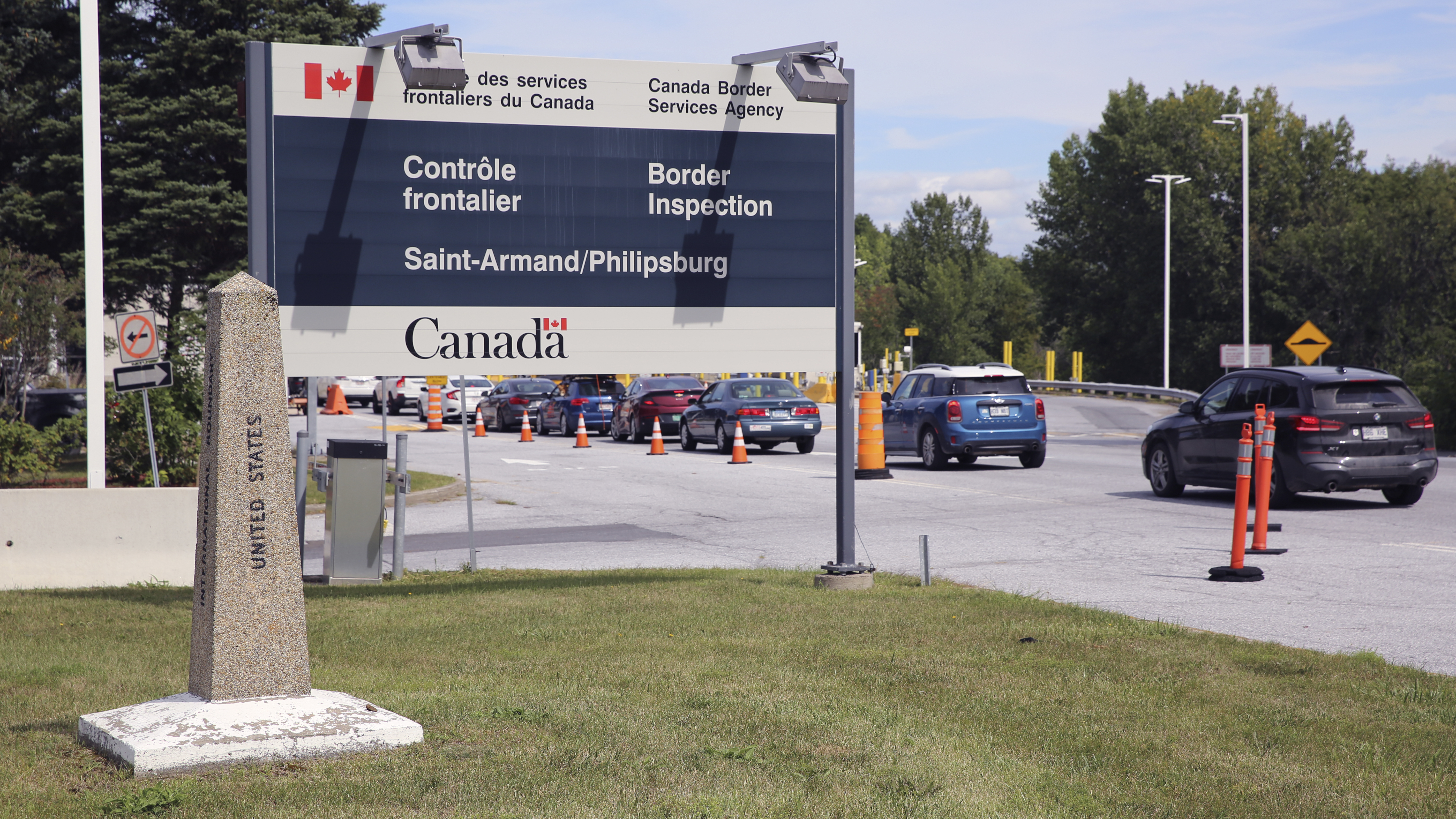COVID-19 can cause a vast number of symptoms with fever, cough and fatigue among those most often reported.
But less common symptoms, such as dizziness, are also important to be aware of.
"Countless studies" from various parts of the world have revealed that dizziness has occurred as the result of COVID infections, according to an article published in the U.S. National Library of Medicine National Institutes of Health.
The doctors who authored the article say the findings aren't surprising as dizziness has historically been associated with viral infections.
Feeling out of the loop? We'll catch you up on the Chicago news you need to know. Sign up for the weekly Chicago Catch-Up newsletter here.
"We would like to emphasize that dizziness should not be taken lightly as it has been proven to be a notable clinical manifestation among COVID-19 patients," the authors said.
"...It it is imperative that attending physicians remain vigilant, especially when managing nonspecific symptoms such as dizziness, as it can be easily overlooked," they continued.
Not just COVID-19, but other respiratory conditions can also lead to dizziness, according to Dr. Christine Greiss, director of the Concussion Program at the JFK Johnson Rehabilitation Institute.
Such conditions can cause swelling in the sinuses and ears and in turn result in dizziness, she stated.
“If an ear infection develops or the Eustachian tube that connects the ears with the back of the throat becomes blocked, it can cause feelings of dizziness,” Greiss explained.
Here's a list of other possible symptoms COVID patients may experience:
- Fever or chills
- Cough
- Shortness of breath or difficulty breathing
- Fatigue
- Muscle or body aches
- Headache
- New loss of taste or smell
- Sore throat
- Congestion or runny nose
- Nausea or vomiting
- Diarrhea




